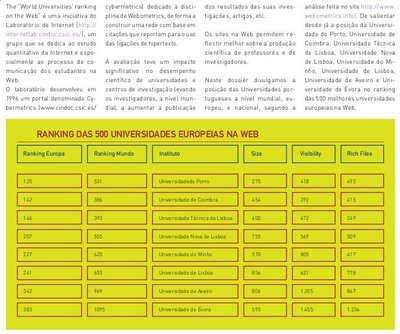Mr Blair told reporters: "They [Kirkless council] should be allowed to take that decision."
But he added: "I do support the authority in the way that they have handled this."
Asked whether he specifically backed the teaching assistant's suspension from Headfield Church of England junior school in Dewsbury, West Yorkshire, he added: "I simply say that I back their handling of the case.
"I can see the reason why they came to the decision they did."
When asked at the news conference if a Muslim woman wearing a veil could make a contribution to society, he replied: "That's a very difficult question. "It is a mark of separation and that is why it makes other people from outside the community feel uncomfortable.
"We have to deal with the debate," he said. "People want to know that the Muslim community in particular, but actually all minority communities, have got the balance right between integration and multiculturalism."
Mr Blair added: "No one wants to say that people don't have the right to do it [wear the veil]. That is to take it too far. But I think we need to confront this issue about how we integrate people properly into our society."
The PM was quizzed on the government's recent decision to force newly founded faith schools to admit 25% of pupils who were not of that faith.
The move has been interpreted by some as being targeted at Muslim schools, as they form the bulk of new schools in the pipeline.
Mr Blair pointed out that it was his decision to end the ban on Muslim faith schools in the first place.
"We would not be having this debate were it not for people's concerns about this question to do with integration and separation of the Muslim community," he added.
 É certo que os ranks não significam nada porque as realidades são demasiado heterógeneas para se poder tirar qualquer informação real deles... a não ser quandos nos dizem o que queremos ouvir (O ranking do times disse-me que a universidade de Coimbra era a melhor Universidade nacional) ou porque dizem exactamente o contrário do que queríamos ouvir mas nós achamos saber (Rankings das escolas apresentado pelo Público se diz bem das escolas privadas sem referir que ainda que estando elas no topo, estão também no fundo, e que têm menor número de alunos que as escolas públicas e cujas populações antes de qualquer comparação deviam ser sociologicamente and economicamente matched)... por isso, aqui fica o rank que eu hoje gostei de ver, a Universidade Coimbra é a segunda universidade portuguesa no rank europeu... e primeira no ranking mundial.. e agora faço aquela cara que os Malucos do Riso fazem no final de cada sketch para que todos percebamos que era ali atrás que era para rir... não pelo facto de ser primeira. mas sim pelo non-sense de segunda para primeira que talvez deva ser compreendido pelo caracter regionalista do das gentes do norte.
É certo que os ranks não significam nada porque as realidades são demasiado heterógeneas para se poder tirar qualquer informação real deles... a não ser quandos nos dizem o que queremos ouvir (O ranking do times disse-me que a universidade de Coimbra era a melhor Universidade nacional) ou porque dizem exactamente o contrário do que queríamos ouvir mas nós achamos saber (Rankings das escolas apresentado pelo Público se diz bem das escolas privadas sem referir que ainda que estando elas no topo, estão também no fundo, e que têm menor número de alunos que as escolas públicas e cujas populações antes de qualquer comparação deviam ser sociologicamente and economicamente matched)... por isso, aqui fica o rank que eu hoje gostei de ver, a Universidade Coimbra é a segunda universidade portuguesa no rank europeu... e primeira no ranking mundial.. e agora faço aquela cara que os Malucos do Riso fazem no final de cada sketch para que todos percebamos que era ali atrás que era para rir... não pelo facto de ser primeira. mas sim pelo non-sense de segunda para primeira que talvez deva ser compreendido pelo caracter regionalista do das gentes do norte.





